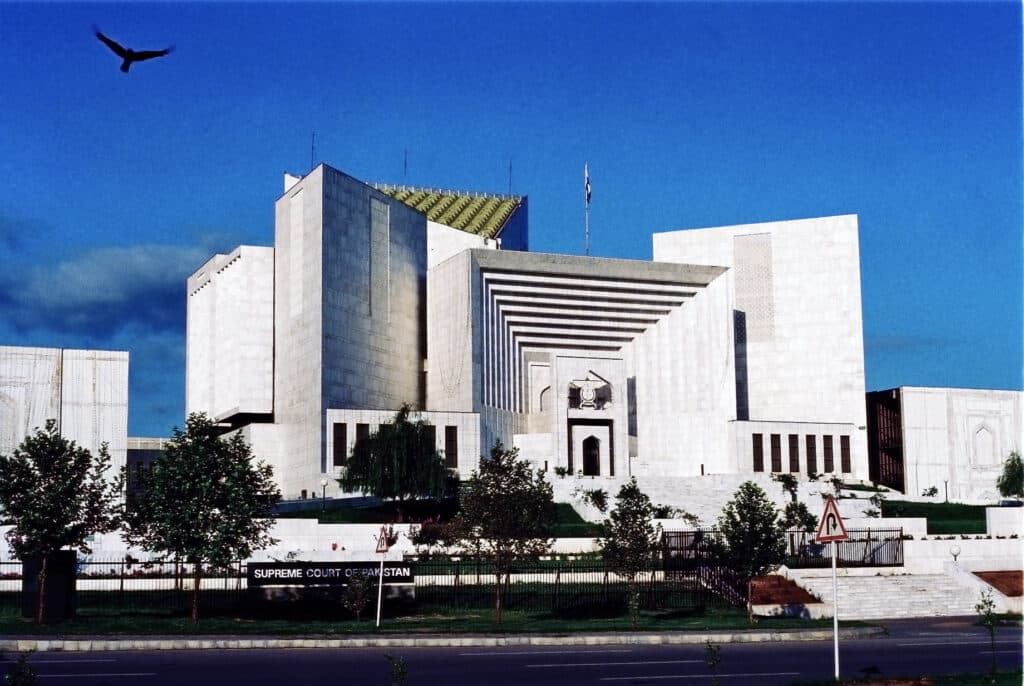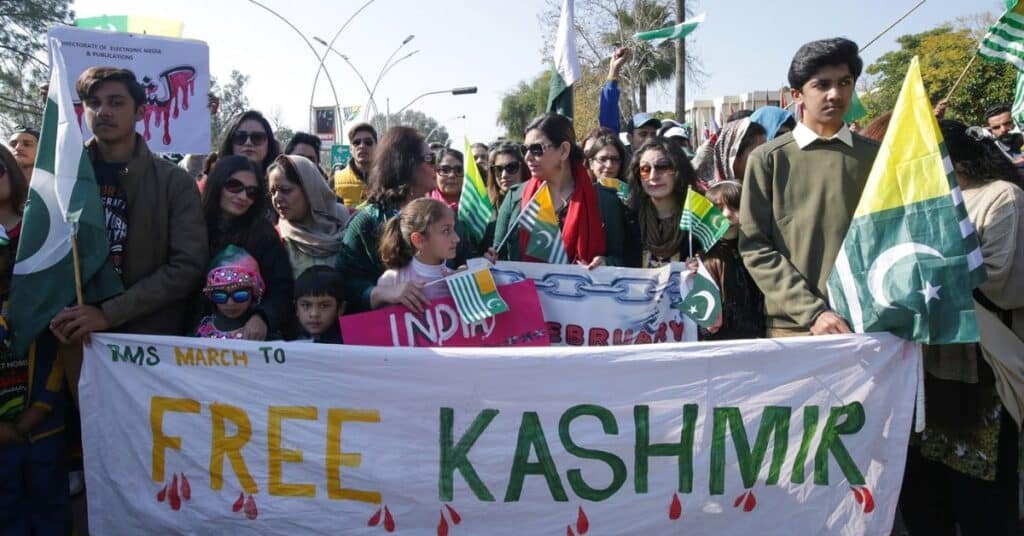ISLAMABAD: The Supreme Court of Pakistan has ruled that a divorced daughter is entitled to her deceased father’s pension, regardless of whether the divorce took place before or after his death.
The 10-page judgment, authored by Justice Ayesha Malik, clarified that pension entitlement is a legal right—not dependent on marital status or financial need. The court held that denying this right based on a woman’s marital condition is both discriminatory and unconstitutional.
This verdict strikes down a 2022 circular issued by the Sindh government, which had barred daughters divorced after their father’s death from receiving pension benefits. The Supreme Court deemed the circular a violation of fundamental rights guaranteed under Articles 9, 14, 25, and 27 of the Constitution.
Citing Pakistan’s position at the bottom of the Global Gender Gap Index (148 out of 148), the court voiced concern over the persistent denial of women’s rights through institutional practices. It emphasized that administrative circulars cannot override constitutional protections and that assumptions about women’s financial dependency undermine their dignity and equality.
The case stemmed from a petition by a divorced woman whose father’s pension had been suspended. The Sindh High Court’s Larkana Bench had previously ruled in her favor, ordering the pension’s restoration. The Sindh government challenged that ruling, claiming eligibility was limited to daughters divorced before their father’s passing.
The Supreme Court dismissed the appeal, upheld the High Court’s ruling, and warned that delaying pension payments to rightful heirs is a punishable offense. The judgment is being widely praised as a significant advancement for women’s rights and legal equality in Pakistan.
Read Also:Women take to streets against menace of honour killing in Peshawar





